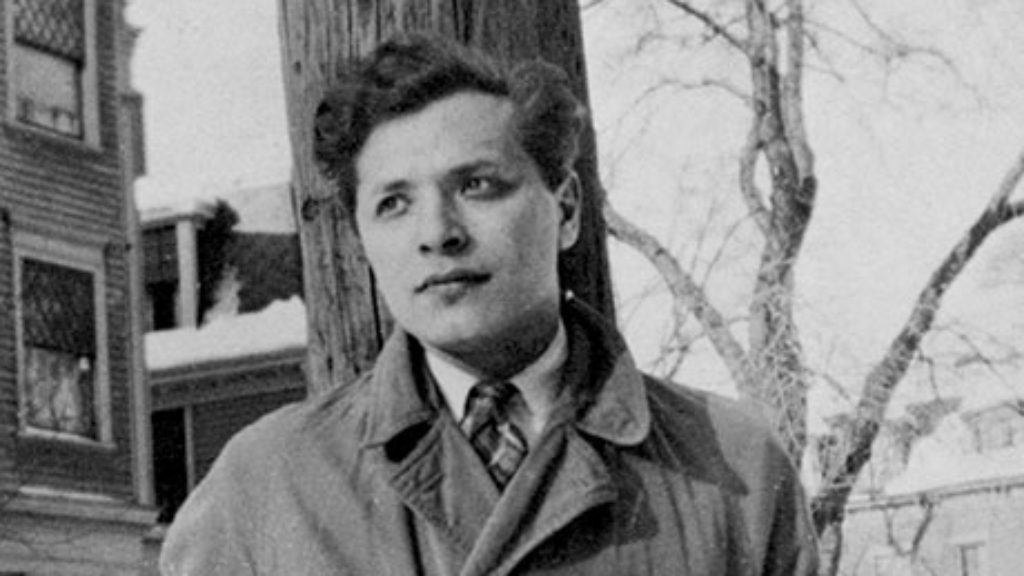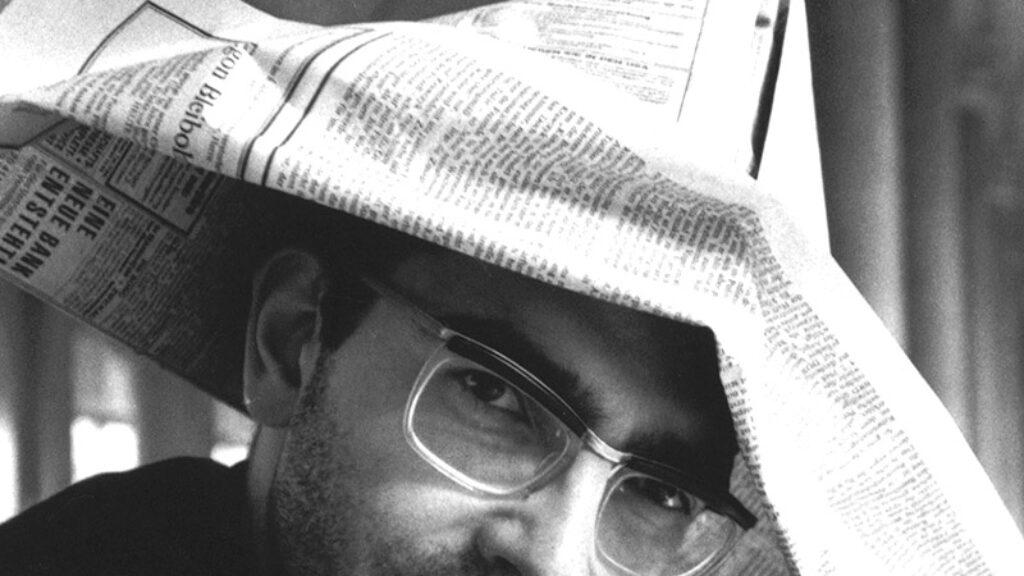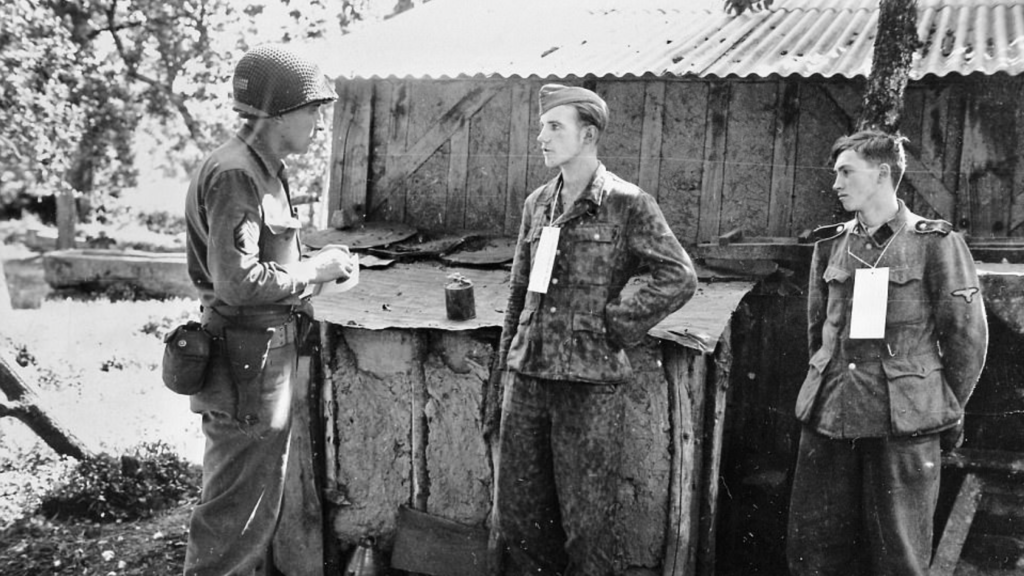We Do Not Agree on Herzl and We Still Need Hertzberg
In our Fall 2018 issue, Allan Arkush reviewed Gil Troy’s new book, The Zionist Ideas. Troy replied to the review in a comment on our website, which he subsequently expanded into a full piece. Here, Arkush responds to Troy.
I’m happy to see that Gil Troy recognizes that a response to my charge that he had made a mistake about Theodor Herzl in The Zionist Ideas requires a reference not only to what he wrote on page six, but also to what he wrote on page 12 of that book. But I’m sorry to see that his strained attempt to defend himself involves a misrepresentation of what I wrote. I never suggested, as Troy seems to think, that he had contended that Herzl had undergone an “abrupt conversion” from a totally assimilated Jew into a Zionist at the Dreyfus trial. As Troy himself notes, I wrote only that he treated the trial as the “key factor” in Herzl’s transformation into a Zionist. Is that such a far cry from what Troy himself wrote—that the trial “fully transformed him into a Zionist”? Maybe there’s a sliver of difference here, but it’s certainly not large enough to justify calling the person who fails to see it “mean-spirited.”
While I would like to leave this issue behind us, I have to add one more thing. The question isn’t just how much of a role the trial played in Herzl’s conversion into a Zionist, it’s whether it played any role whatsoever. Let me quote Shlomo Avineri a little more fully than I did in my review of The Zionist Ideas: “While the common wisdom is that the Dreyfus affair triggered Herzl’s Zionism, there is in fact no evidence of this, not in Herzl’s voluminous diaries nor in the many articles he sent out from Paris to his newspaper in Vienna.” It was with this (and the writings of others, most notably Jacques Kornberg) in mind that I originally criticized Troy for highlighting the importance of the Dreyfus trial for Herzl, and I stand by that criticism.
Troy is now most outraged by my supposed failure to recognize the extent to which his book “broadens the conversation from Hertzberg’s 37 male thinkers to 170 thinkers, male and female, left and right, religious and secular, Ashkenazi and Mizrahi, Israeli and diaspora based.” In response, I would note, first of all, that while Hertzberg’s thinkers were indeed all male, they included representatives of all the other categories that Troy lists. Nevertheless, the inclusion of women is important, as I noted when I wrote, “[a]nother virtue of the first part of The Zionist Ideas is its inclusion of pre-1948 voices absent from The Zionist Idea, among them a few women (Hertzberg’s volume was all male).” It’s true that I didn’t mention that Troy included fully 170 thinkers in his volume, but I did note that he had excerpted more than 100, and that they were very diverse.
I am, however, guilty of ignoring the organizational scheme that Troy describes, and am happy at least to have provided him with an occasion to outline it more fully for JRB readers. I must confess that I am a bit puzzled, however, by his admonition to readers to note that in my review I used the categories of religious Zionism and socialist Zionism. I can’t begin to understand why Troy thinks that is particularly noteworthy, for he can’t possibly believe that I learned these categories from him. Troy relates how he agonized over putting together a book that would showcase “different positions in more readable 800- and 900-word selections (as opposed to three and four thousand-word manifestos).” While I myself prefer the longer manifestos, I can see the utility of an anthology of the sort that he has produced and will once again, as I did in my review, acknowledge that his volume has many merits. I have voiced some strong objections to The Zionist Ideas, but it’s not the sort of book that I enjoy criticizing. I will go a little further and say that perhaps I would have been a little less critical had Troy not chosen to present it as an improved and updated version of Hertzberg’s The Zionist Idea, andthereby placed that venerable classic’s continued republication in danger.
Suggested Reading

On a Story by Delmore Schwartz
In 1937, the editors at Partisan Review placed “In Dreams Begin Responsibilities,” by a 24-year old unknown improbably named Delmore Schwartz before pieces by Wallace Stevens, Lionel Trilling, Edmund Wilson, and Pablo Picasso, to relaunch their magazine. They knew what they were doing.

Second-Hand Jew: A Self-Portrait in Scenes
I took my first novel to Israel with me, and when a suitcase bomb exploded twenty meters away from me at the Munich airport, I shielded the manuscript with my body. My sister didn’t read it until just before I left. Then she said: “I thought Thomas Mann was dead. Anyway, if you ask me, he’s not a good example.”

Ritchie’s Boys and the Men from Zion
Our appreciation for stories of Jewish bravery during World War II sometimes obscures the fact that as a group Jews were powerless, reduced to begging others for a chance to bear arms.
Hebrew School Days
When I was nineteen, I saw an ad at the UCLA Career Center for a job teaching “Jewish history through drama,” at the Sunday school of a large nearby temple. It was only a couple of hours a week, but it paid maybe four times as much as my job at the Student Store. Needless to say, I hadn’t taught…
Comments
You must log in to comment Log In